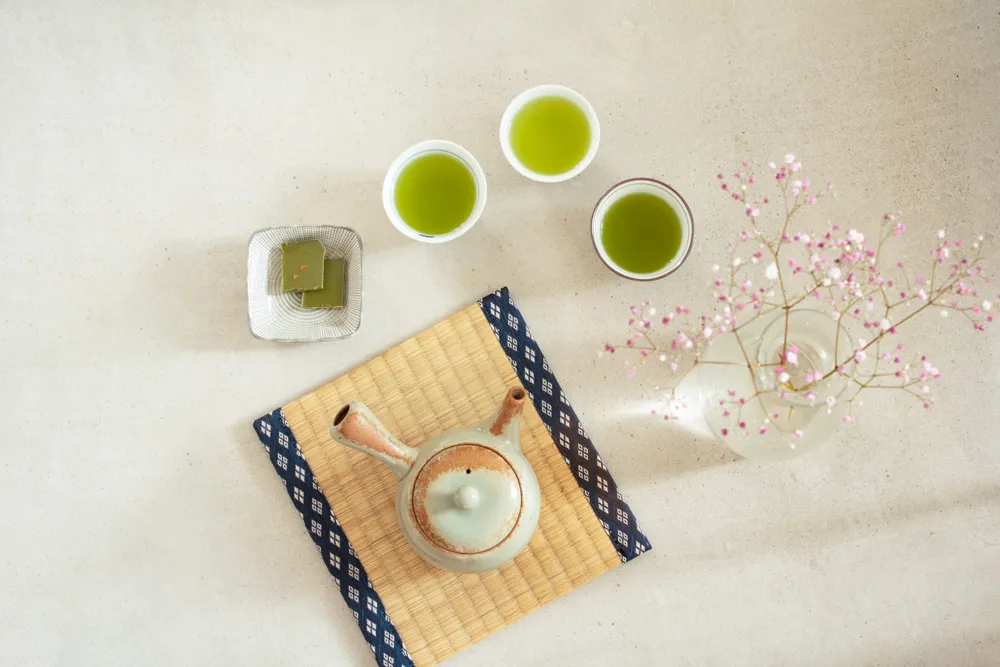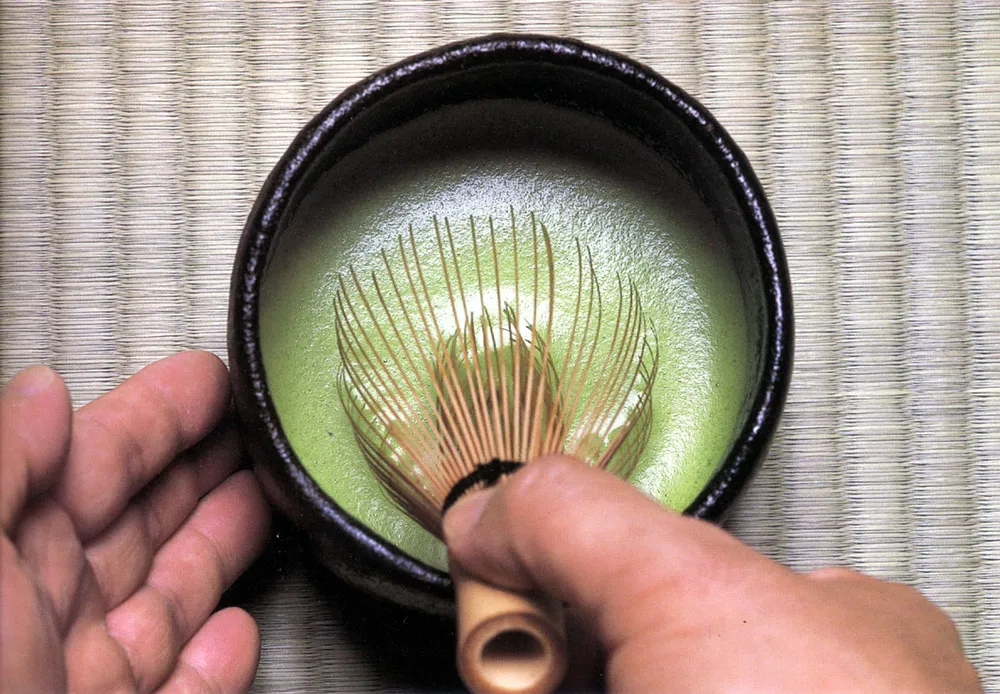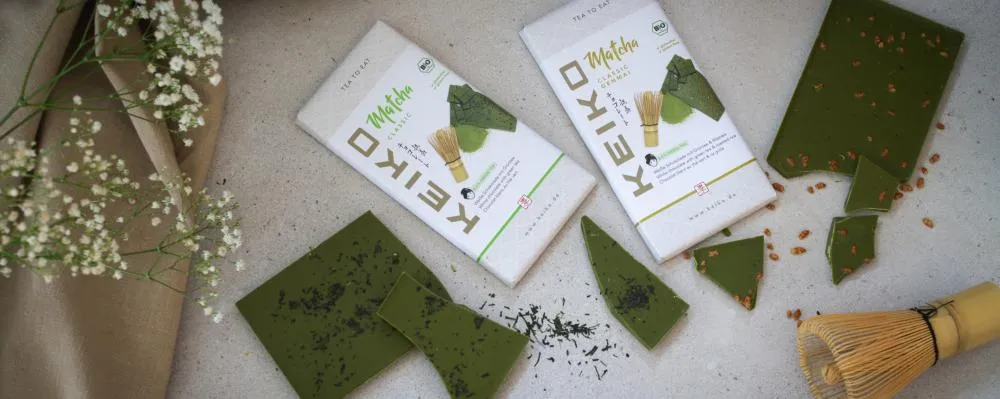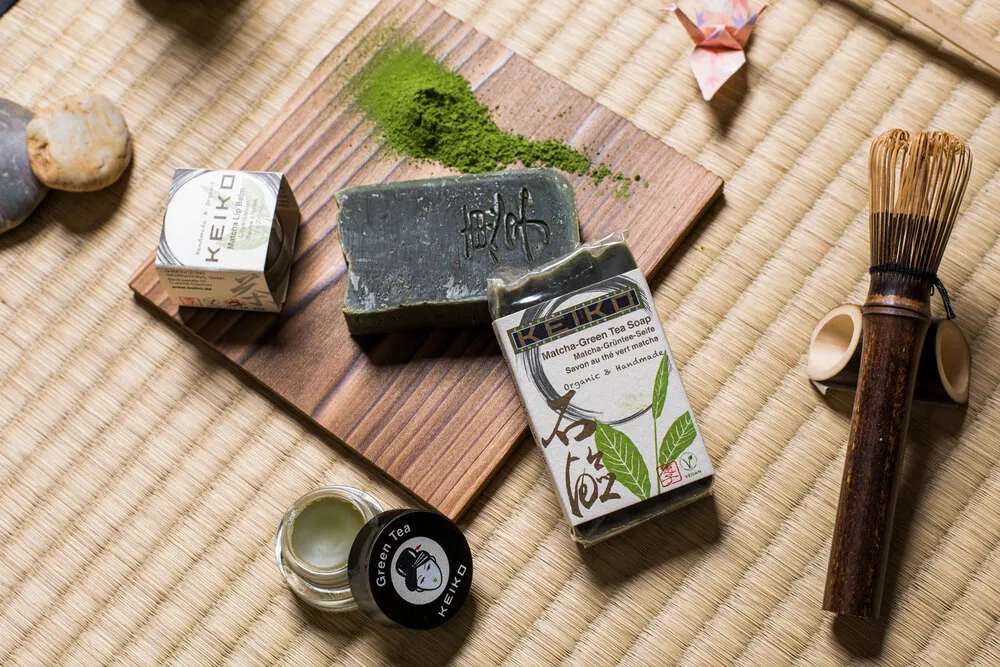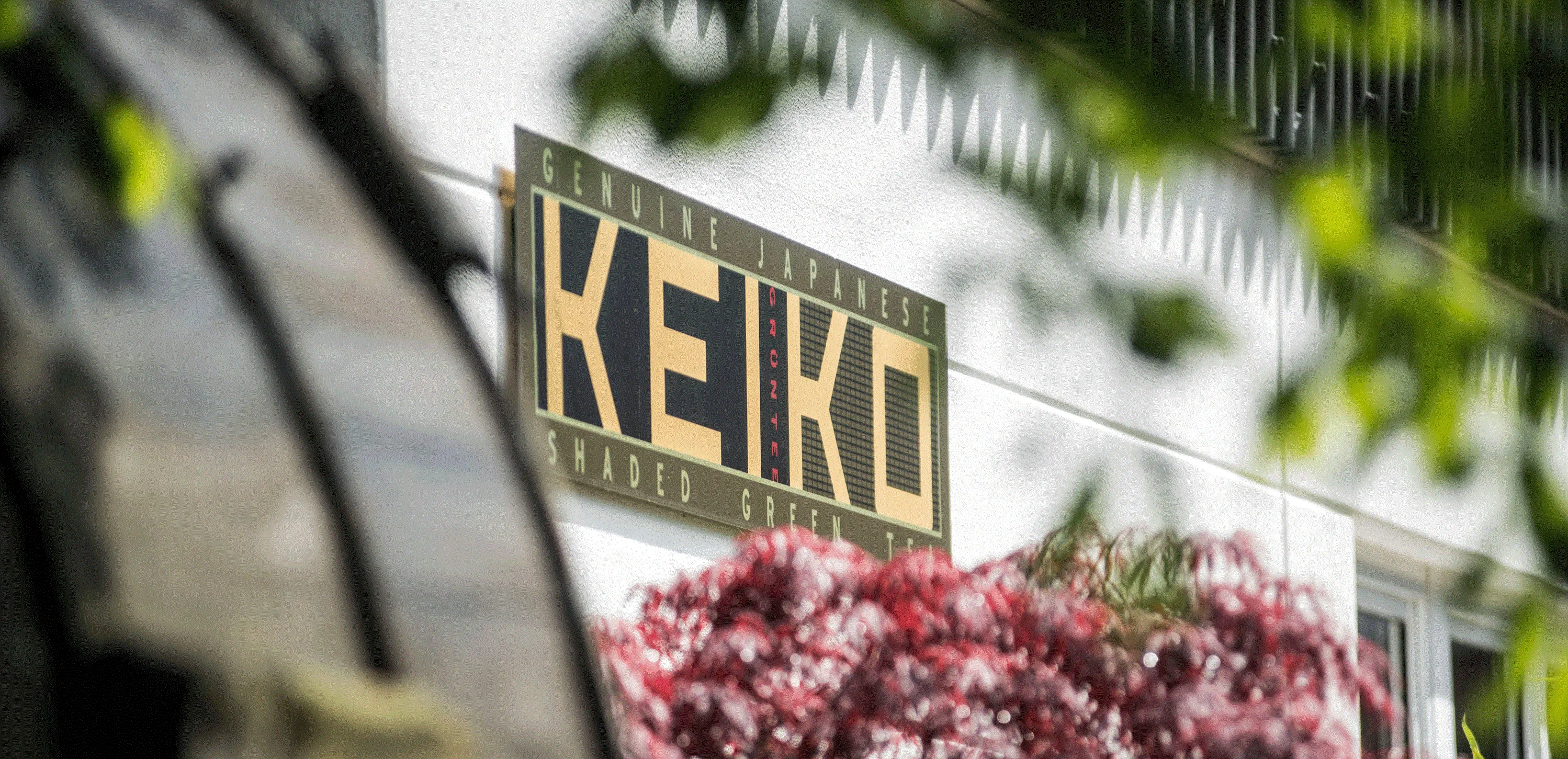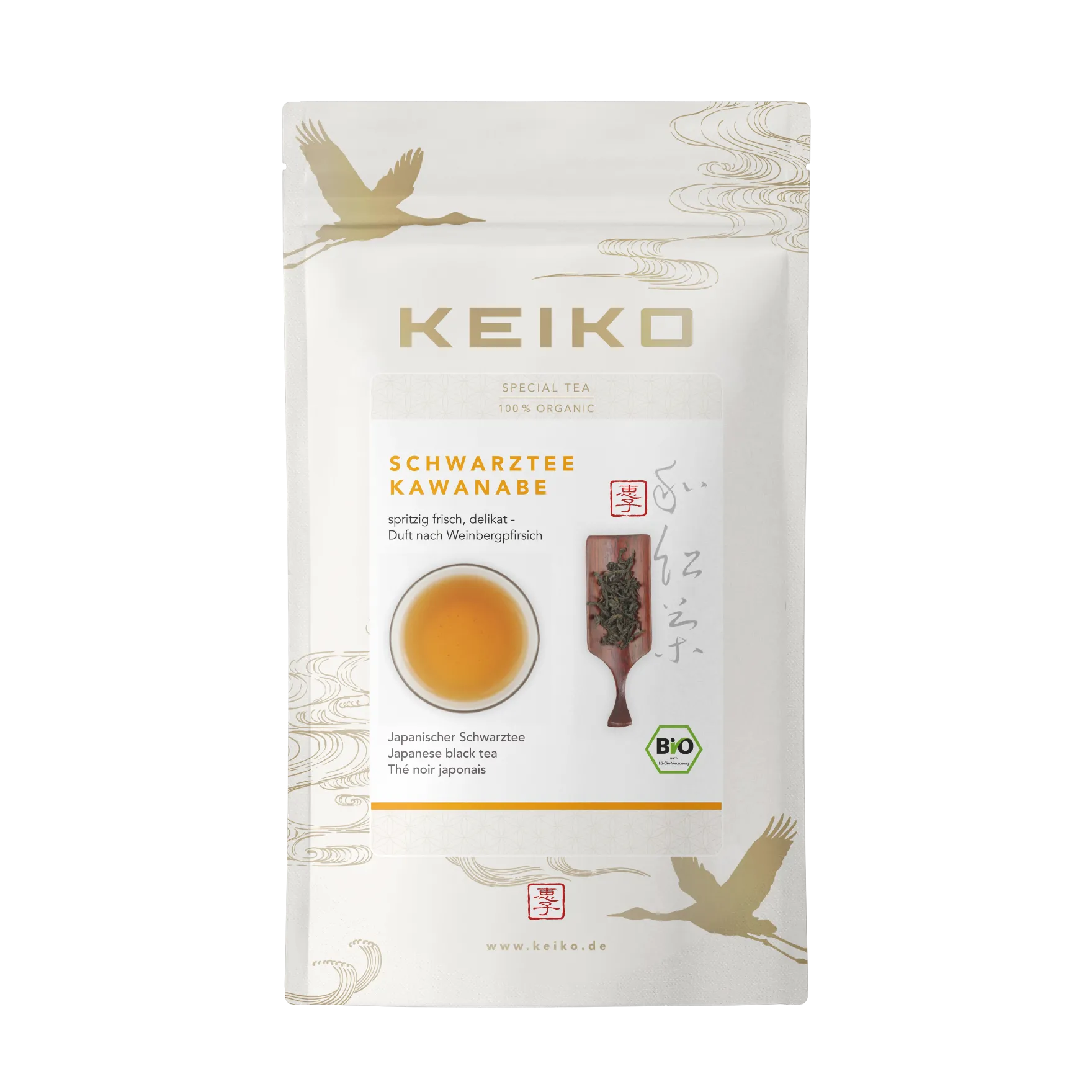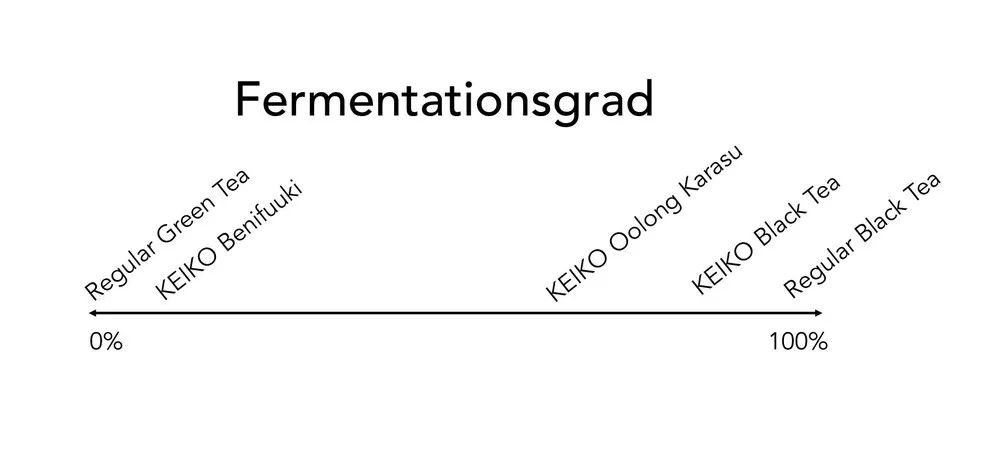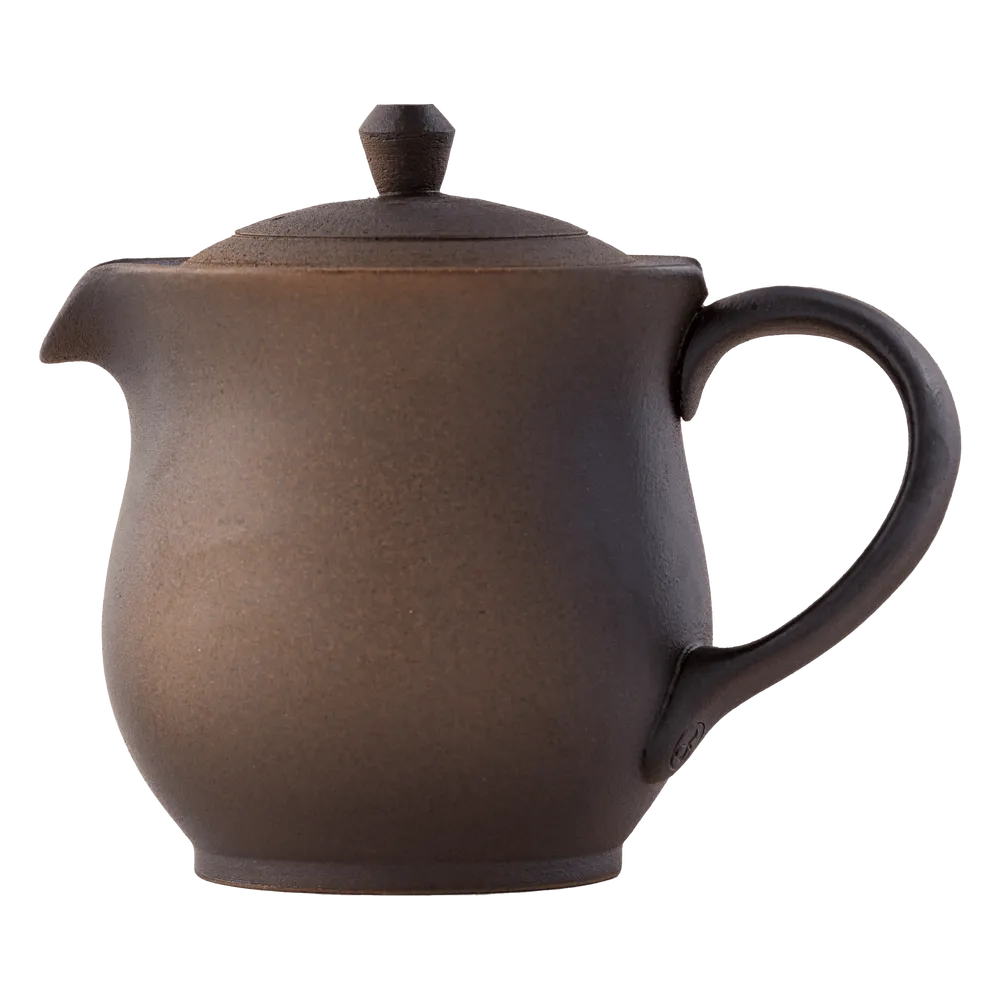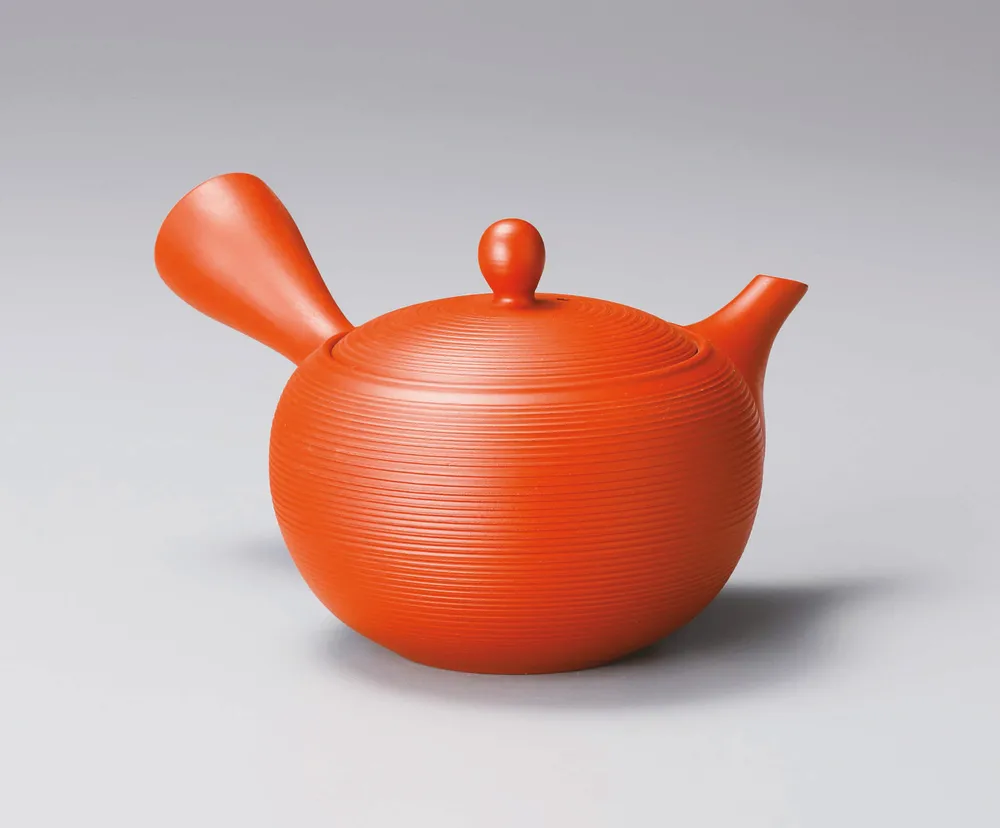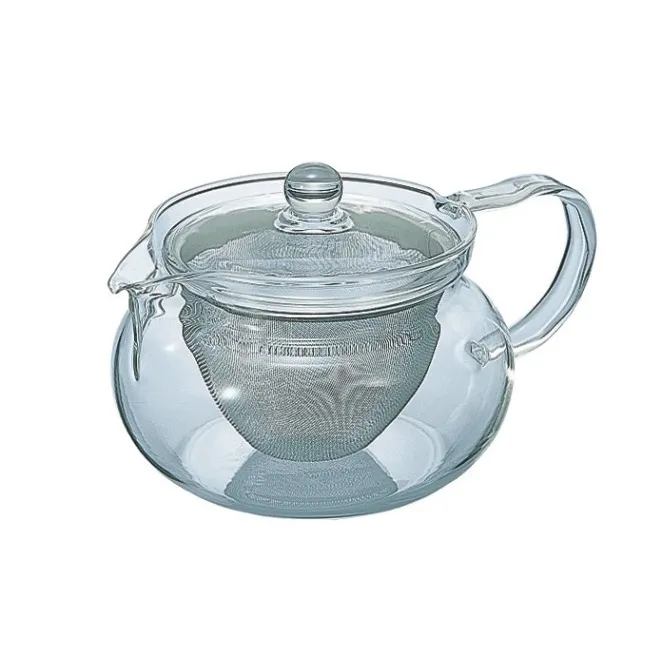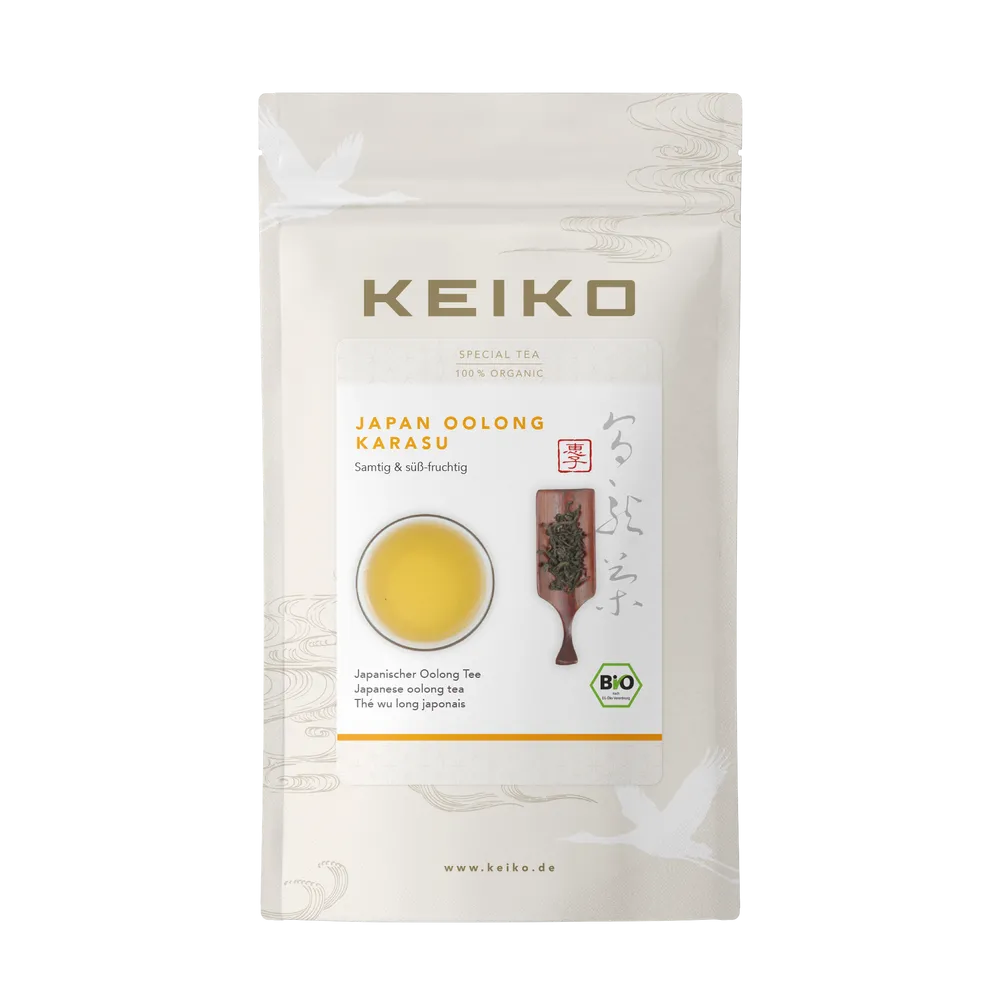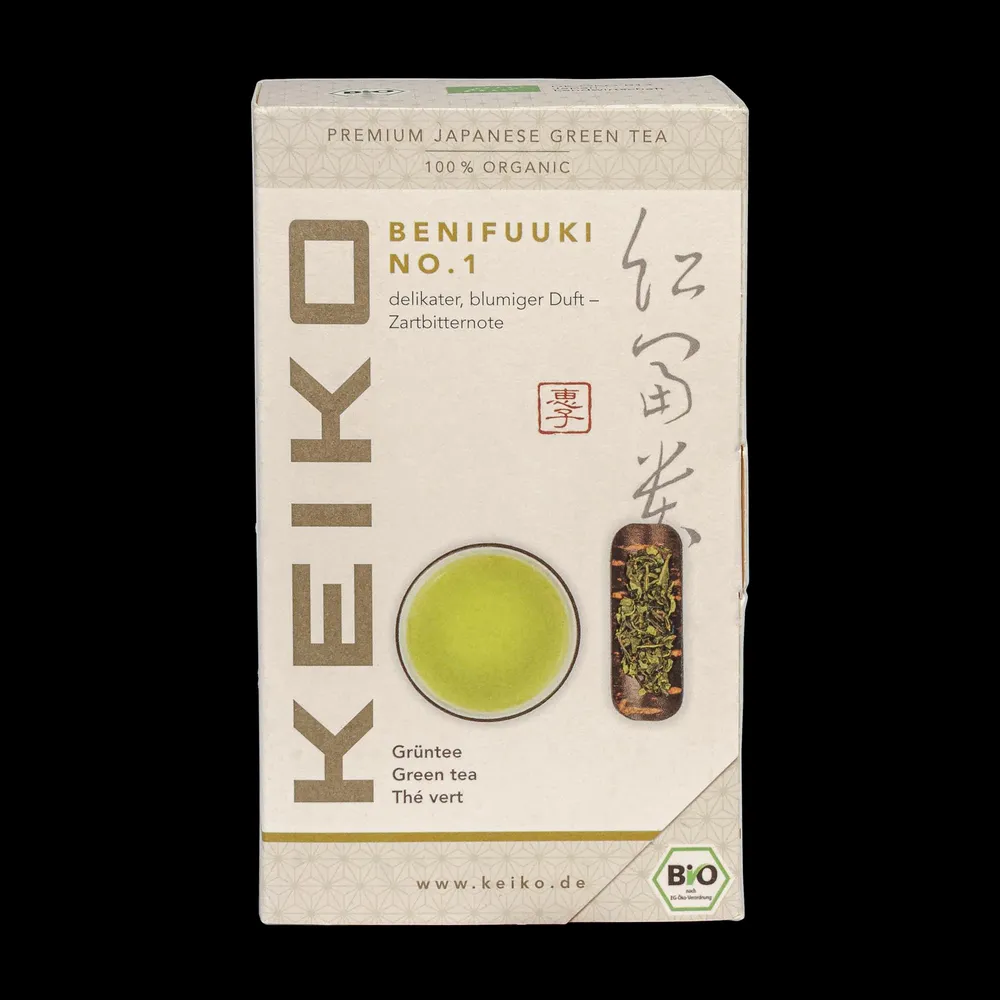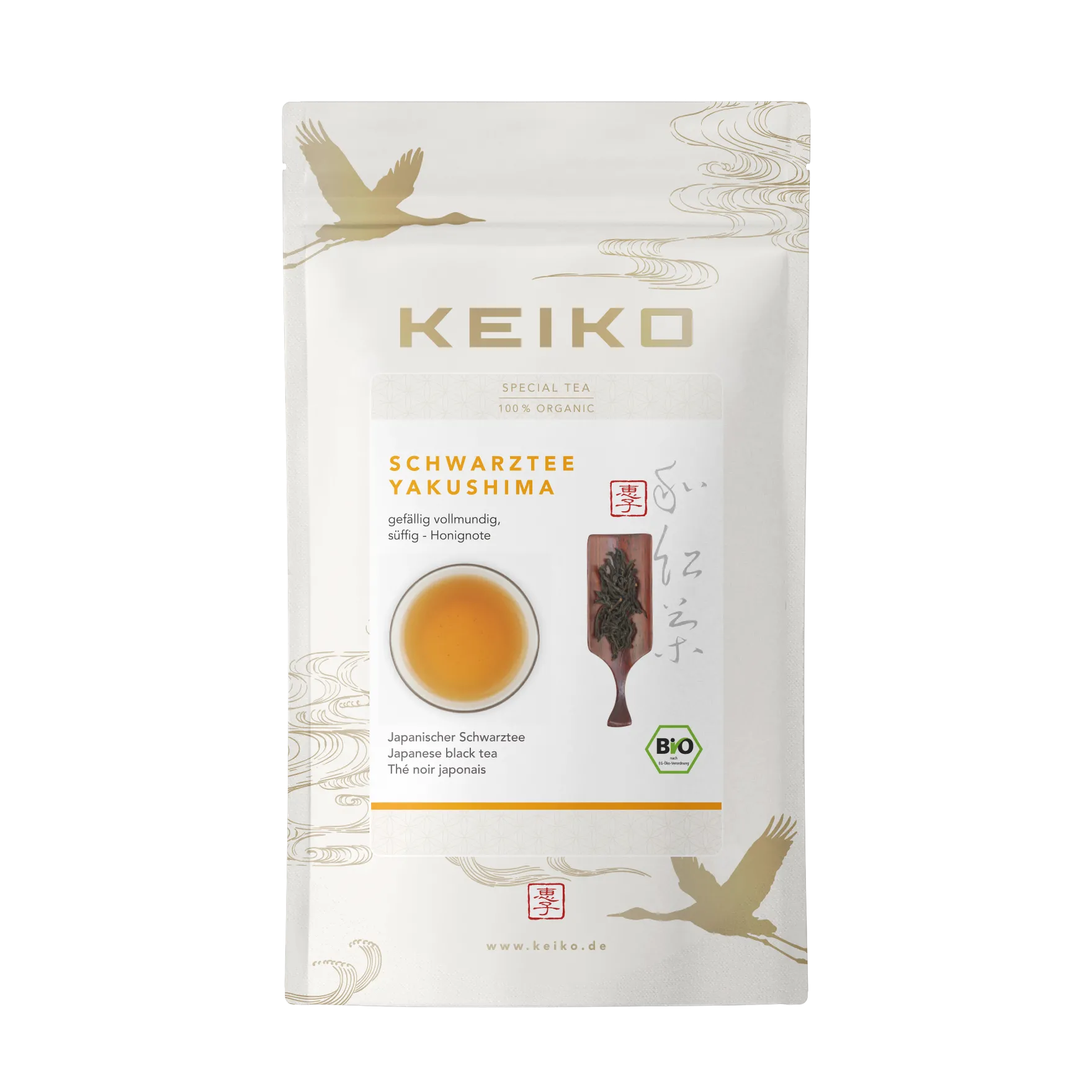€13.95*
Available, delivery time: 1-3 working days (in Germany)
Properties
| Shimodozono International GmbH |
| Strothestrasse 50 |
| 49356 Diepholz |
| Germany |
| Phone: 05441-9959560 |
| Fax: 05441-9959569 |
| E-Mail: info@keiko.de |
Login
16 September 2019 11:20
Sehr aromatisch
Sehr aromatischer, fast fruchtig durftender Schwarztee, der kaum herb wird beim Abkühlen. Geht auch mit Milch und Honig.
11 November 2021 14:27
Hervorragender Schwarztee!
Sehr lange ist es her, seitdem ich von Schwarztee auf Grüntee umgestiegen bin. Durch Zufall (ich gehe immer wieder mal die gesamte Teeliste durch), bin ich auf diesen Schwarztee gestoßen, war überrascht, ein Schwarztee unter all den Grüntees, ich habe ihn aus reiner Neugierde bestellt, und Treffer! :)) Mein Haupttee ist nach wie vor der Benifuuki No 1, jedoch, gerade bei öden Herbst- und Winternachmittagen, wenn es mir mal wieder nach Schwarztee ist, genieße ich mittlerweile auch immer wieder mal diesen sehr aromatischen, hervorragenden Schwarztee.

